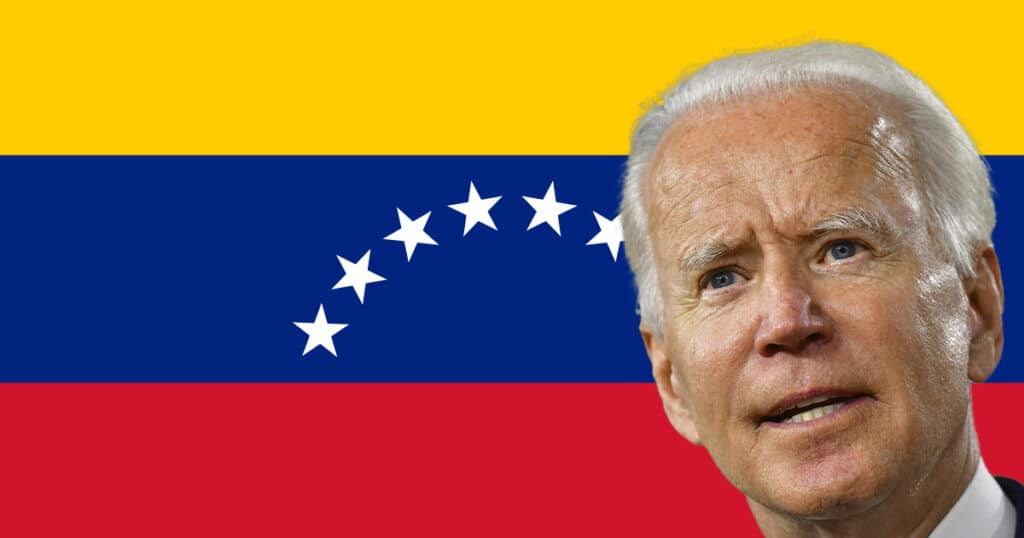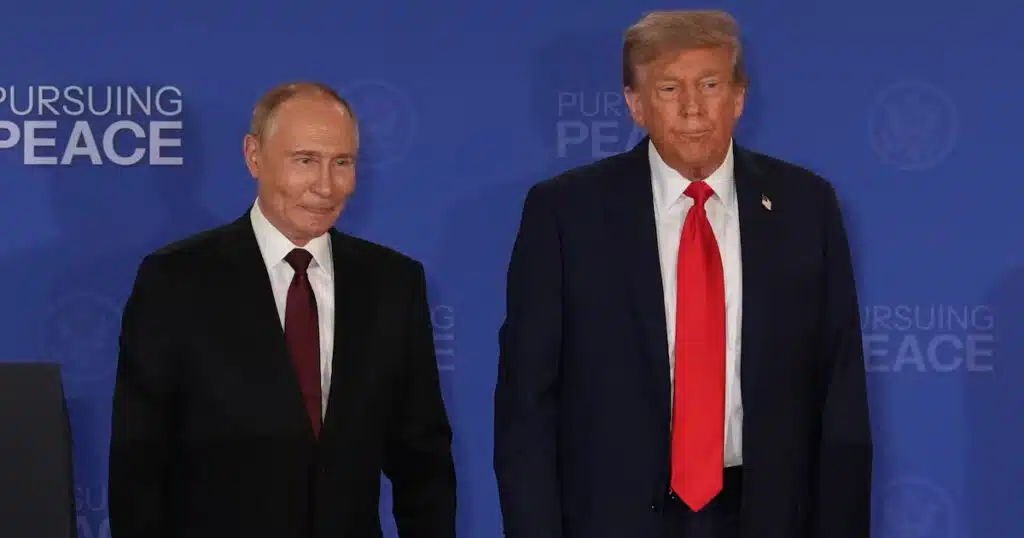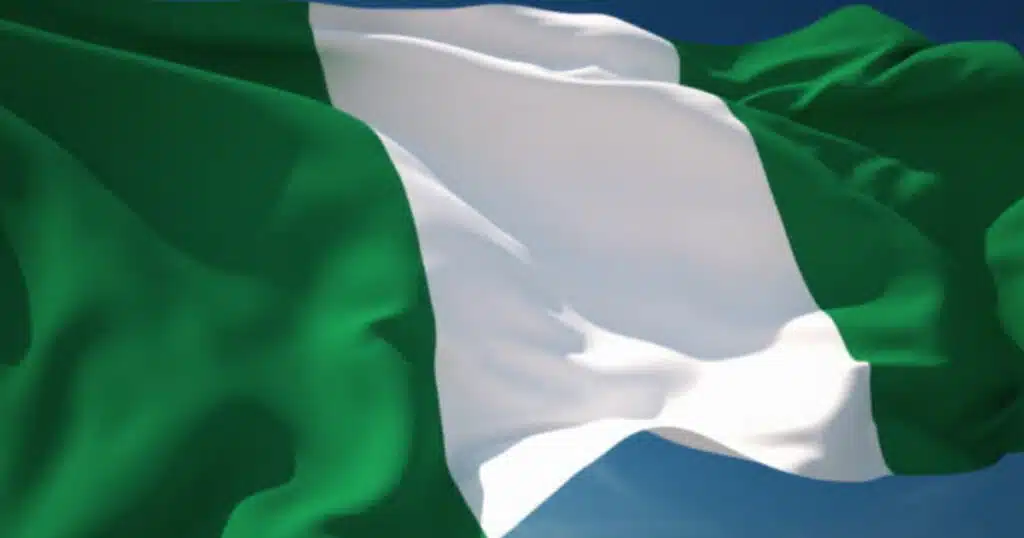
Biden Chose Venezuela Over Canada for Oil
The United States needs more heavy oil for a whole series of reasons. President Joe Biden could have chosen to have that oil come from a close friend and ally, environmentally-conscious Canada, or from one of the world’s nastiest regimes, Nicolas Maduro’s Venezuela, which doesn’t give a toss about the environment. Which did he choose?
In exchange for modest concessions on electoral reform, the Biden administration just lifted sanctions on Venezuela, allowing them to export hundreds of thousands of barrels a day of vital heavy oil to the United States. The shale oil revolution has not and cannot change the fact that the US produces virtually no heavy oil, yet many of this country’s refineries, especially on the Gulf Coast, were set up to refine that kind of oil. Most of their heavy oil is from Canada, which is why that country is far and away the largest exporter of oil to America— more than twice as much as Saudi Arabia, Mexico, Russia, and Colombia combined. If America is now a net exporter of oil, it can thank Canada.
The war in Ukraine caused unpopular price hikes at the gas pump. In response, the Biden administration has drawn down the Strategic Petroleum Reserve (SPR). That drawdown focused on medium and heavy crudes. OPEC responded with supply cuts aimed at throttling the supply of these strategically important crudes.
The drawdown of the SPR is reaching its limits but the risk of higher gas prices in an election year is rising. To OPEC and Ukraine, we must now add the heightened risk of conflict spreading in the Middle East.
In this context, recall that one of the very first acts President Biden took on reaching office was to cancel the permit for the Keystone XL (KXL) pipeline, a permit issued by his predecessor. Keystone XL was intended to provide 830,000 barrels a day of Canadian heavy crude to those Gulf Coast refineries. Pipe was already being laid.
Had President Biden allowed KXL to proceed, the supply of heavy oil to the US industry would have been secure, risky drawdowns of the SPR unnecessary and America would have been much less vulnerable to global supply disruptions and OPEC’s manipulations.
Instead, the President colluded with a campaign to vilify oil from Alberta’s oilsands as “dirty oil.” Yes, producing Canada’s heavy oil emits greenhouse gases. But then all heavy oil is GHG intensive, and Venezuela is the highest emitting in the world.
The Canadian oil & gas sector has invested heavily and successfully in emissions reductions. The industry has a $75 billion plan to decarbonize and achieve net zero by 2050, focused on carbon capture and storage and small modular nuclear reactors.
Venezuela has done nada in terms of real improvement in the environmental footprint of its heavy oil production. What it does have is a regime that is world-leading in terms of its human rights abuses and the damage it has inflicted on a once-prosperous economy. Every dollar America spends on Venezuelan oil will prop up one of the most violent and repressive regimes in the Americas, where Amnesty International says in 2022:
The security forces responded with excessive force and other repressive measures to protests…to demand economic and social rights, including the right to water. Impunity for ongoing extrajudicial executions by the security forces persisted. Intelligence services and other security forces, with the acquiescence of the judicial system, continued to arbitrarily detain, torture, and otherwise ill-treat those perceived to be opponents of the government of NicolaÌs Maduro.
A recent UN Fact Finding Mission to Venezuela talked about the “unremitting human rights crisis” and patterns of crimes against humanity in that country. Nearly 8 million Venezuelans are estimated to have fled the economic and humanitarian crisis there.
Meanwhile, Canada, while not perfect, has robust human rights protections and high environmental standards. It is also a magnet for immigrants (including tens of thousands of Venezuelans), having one of the highest shares of its population born elsewhere in any country in the world.
In 2021 President Biden was happy to offend one of America’s closest allies by blocking KXL because it was inconsistent “with my administration’s economic and climate imperatives.” Three short years later, behind the fig leaf of Venezuelan electoral reform, he is welcoming much more environmentally damaging oil from one of Latin America’s most odious regimes, all to try and keep the price down at the pump. That’s a big win for Nicolas Maduro, but a bad deal for America and Canada.
Brian Lee Crowley is the Managing Director of the Center for North American Prosperity and Security (www.cnaps.org).
This article was originally published by RealClearWorld and made available via RealClearWire.



